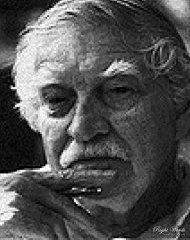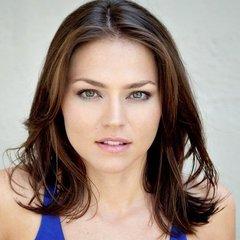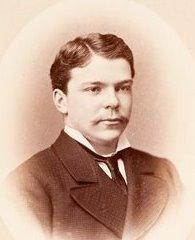May Quotes - Page 186

Jonathan Swift, Thomas Roscoe (1843). “The Works of Jonathan Swift ...: Containing Interesting and Valuable Papers, Not Hitherto Published ... With Memoir of the Author”, p.305
People may have too much of a good thing: Full as an egg of wisdom thus I sing.
"Hoyt's New Cyclopedia Of Practical Quotations" by Jehiel Keeler Hoyt, (p. 617), 1922.
John Wolcot (1812). “The works of Peter Pindar”, p.460
Take a straw and throw it up into the air, you may see by that which way the wind is.
John Selden, Richard Milward (1821). “Seldeniana: with a biographical preface”, p.80
John Selden (1856). “The table-talk of John Selden, with a biogr. preface and notes by S.W. Singer”, p.23
John Ruskin (2015). “A Joy Forever”, p.113, John Ruskin
John Ortberg (2001). “Love Beyond Reason: Moving God's Love from Your Head to Your Heart”, p.23, Harper Collins
John Milton, Henry John Todd (1801). “The Poetical Works of John Milton”, p.449
Virtue may be assailed, but never hurt, Surprised by unjust force, but not enthralled.
'Comus' (1637) l. 586
John Milton, Samuel Johnson, John Evans (1799). “Milton's Paradise lost: with the life of the author ; to which is prefixed the celebrated critique by Sam Johnson LLD.”, p.283
And may we find when ended is the page, Death but a tavern on our pilgrimage.
John Masefield (1922). “The Poems and Plays of John Masefield: Poems”
There cannot any one moral rule be proposed whereof a man may not justly demand a reason.
John Locke (1836). “An Essay Concerning Human Understanding”, p.23
O, sorrow! Why dost borrow Heart's lightness from the merriment of May?
John Keats (2013). “Delphi Complete Works of John Keats (Illustrated)”, p.153, Delphi Classics
And shade the violets, That they may bind the moss in leafy nets.
John Keats, Helen Vendler (1990). “Poetry Manuscripts at Harvard”, p.32, Harvard University Press






